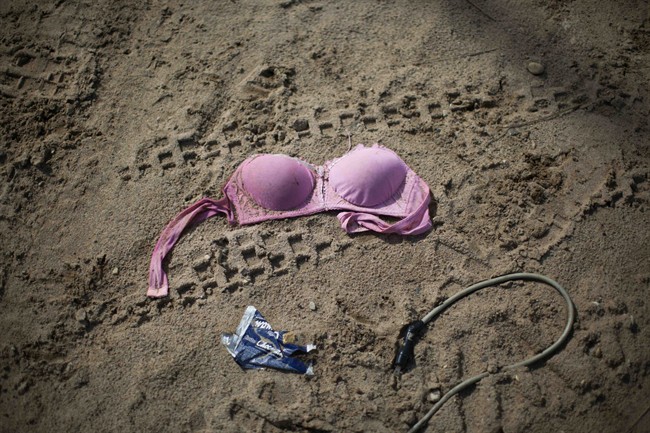LONDON – Amnesty International approved a controversial policy Tuesday to endorse the de-criminalization of the sex trade, rejecting complaints from some women’s rights groups who say it is tantamount to advocating the legalization of pimping and brothel owning.

At its decision-making forum in Dublin, the human rights watchdog approved the resolution to recommend “full decriminalization of all aspects of consensual sex work.” It argues its research suggests decriminalization is the best way to defend sex workers’ human rights.

Get daily National news
“We recognize that this critical human rights issue is hugely complex and that is why we have addressed this issue from the perspective of international human rights standards,” said Salil Shetty, Secretary General of Amnesty International. “We also consulted with our global movement to take on board different views from around the world.”
Amnesty’s decision is important because it will use its heft to lobby governments around the world to accept its point of view.
Advance word of the Amnesty policy sparked opposition from some women’s groups who argued that the human rights organization has made a serious mistake. The groups, such as the U.S.-based Coalition Against Trafficking in Women, have argued that while it agrees with Amnesty that those who are prostituted should not be criminalized, full de-criminalization would make pimps “businesspeople” who could sell the vulnerable with impunity.
“It really is a slap in the face to survivors and to women’s rights groups around the world,” said Taina Bien-Aime, the executive director of the coalition, adding that disappointment does not adequately describe her feelings.
- Boy kidnapped from California park in 1951 found more than 70 years later
- After false claims about Haitian immigrants, what’s happening in Springfield, Ohio?
- Israeli strikes kill 182 in deadliest day of conflict for Lebanon since 2006 war
- Harris pushes for second debate while Trump declines because early voting has started







Comments